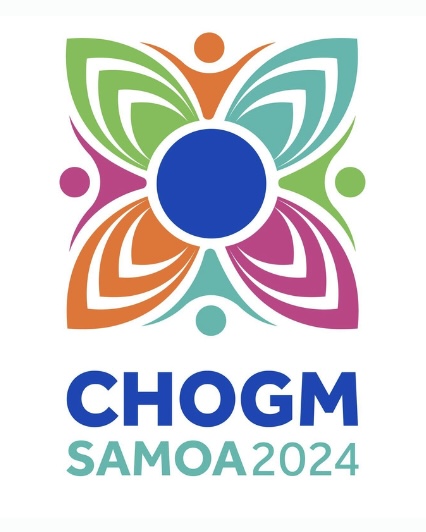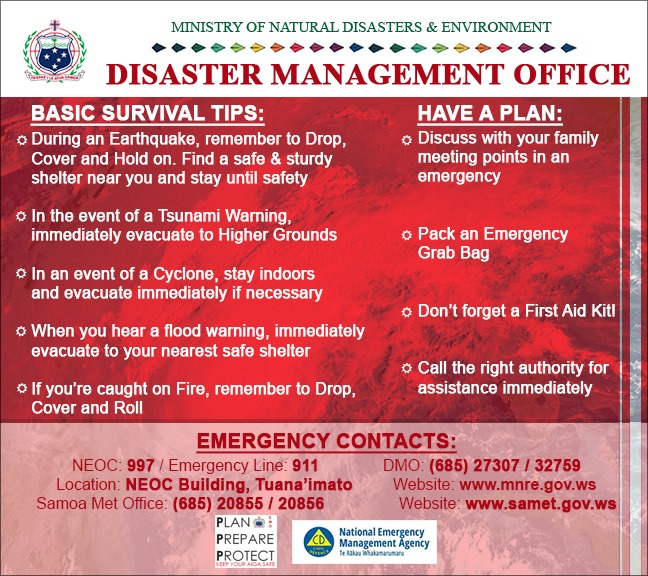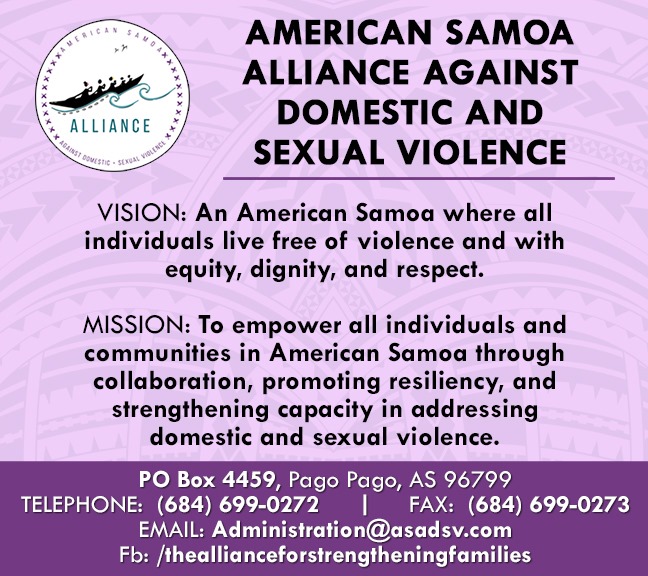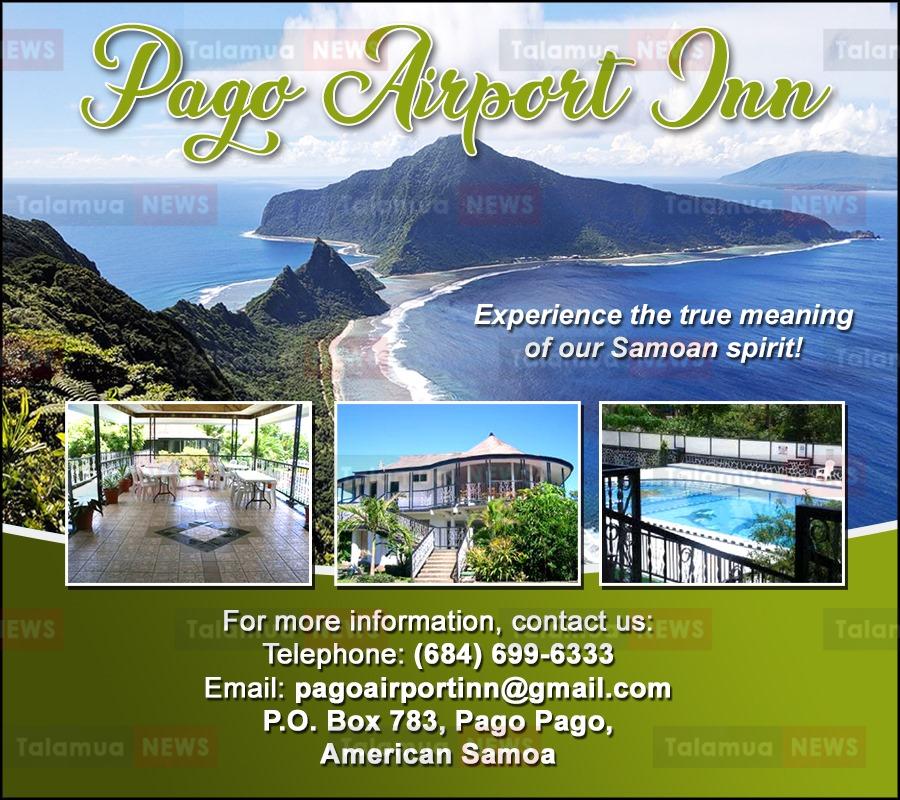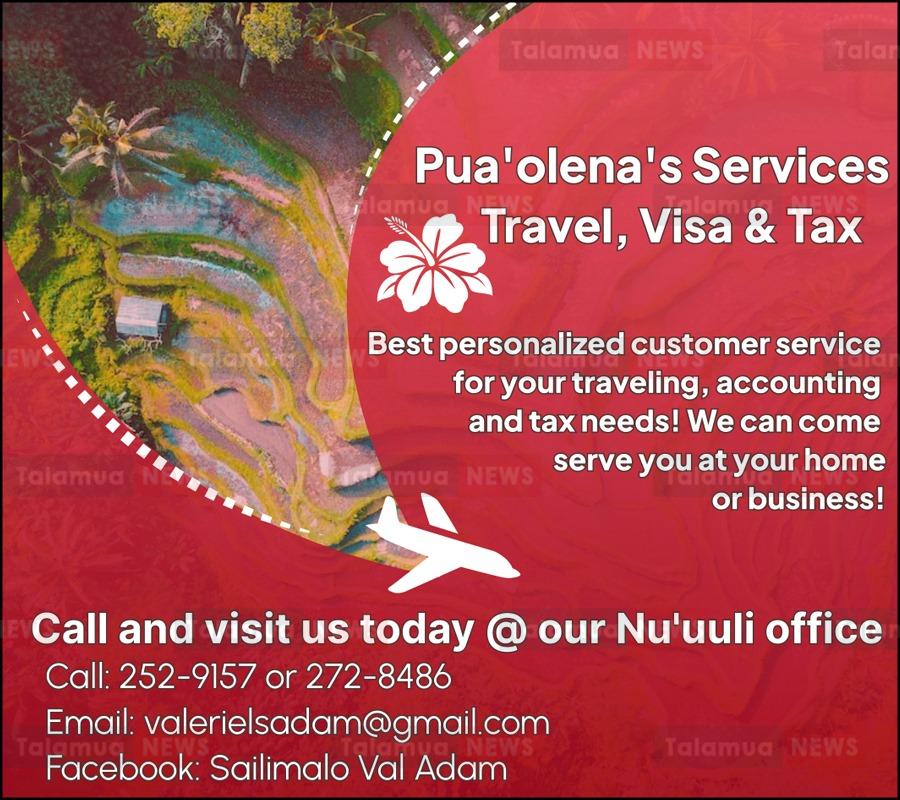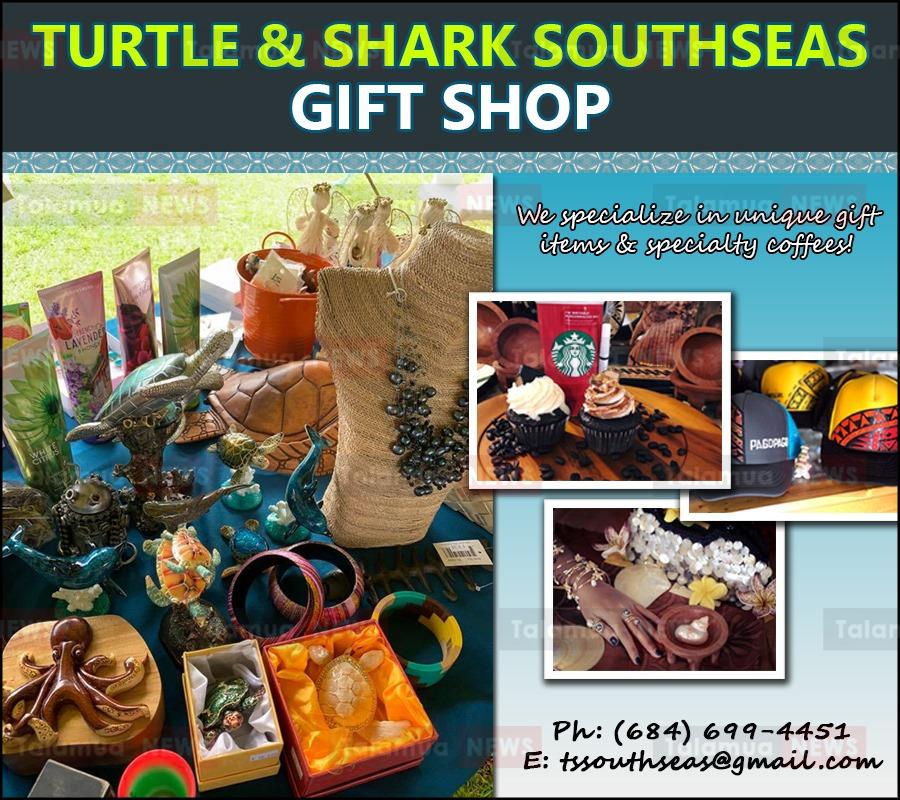Government
Preventing corruption in the Pacific through inter-agency collaboration
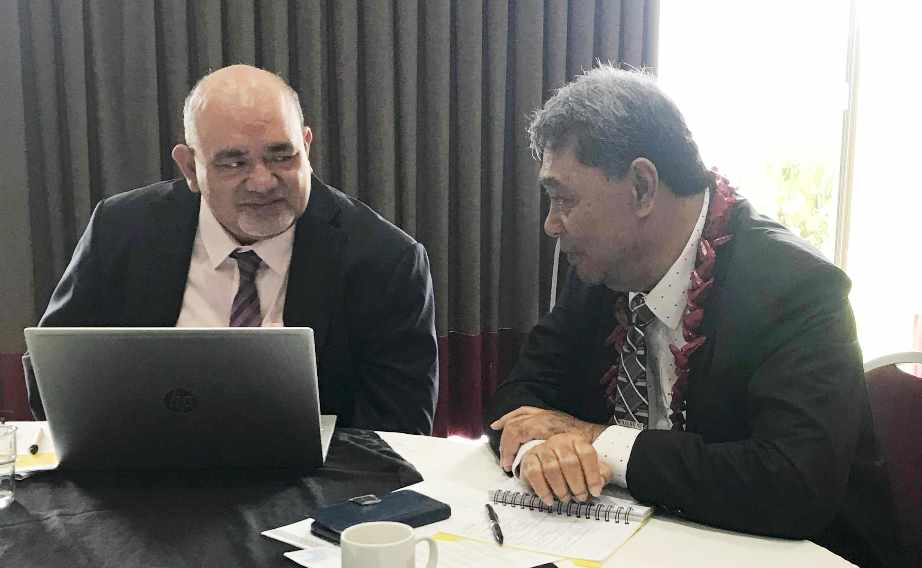
26 February 2024 – Tackling corruption is a whole-of-society undertaking. Done right, it should involve parliament, anti-corruption bodies, and supreme audit institutions.
Representatives from these three spheres from across the Pacific gathered in Vanuatu last week to strengthen their role in the fight against corruption in this part of the world, with support from the United Nations Office on Drugs and Crime (UNODC) and the Global Organisation of Parliamentarians Against Corruption (GOPAC).
Samoa was represented by Fuimaono Camillo Afele, Controller and Auditor General; Apelu Ioasa, Auditor from Customs; Member of Parliament and Member of Infrastructure Sector Committee, Leaana Ronnie Posini and an Officer of Samoa’s Parliament, Leuluulu Maufoe.
“Corruption is a complex phenomenon, cross cutting different sectors of society and posing a serious threat to countries’ economic development,” said Marie Pegie Cauchois, UNODC Pacific Officer in Charge and Regional Anti-Corruption Adviser.
The importance of interagency collaboration, as well as of national and regional alliances formed by relevant authorities along with parliamentary anti-corruption committees, was highlighted during the three-day dialogue. Participants received technical assistance from UNODC and the Global Organization of Parliamentarians Against Corruption (GOPAC), who co-organized the event.
The dialogue focused on how each partner’s individual strengths could be combined to achieve a larger national and regional impact against corruption, in line with the United Nations Convention against Corruption (UNCAC), of which UNODC is a custodian, and in line with GOPAC’s role in assisting parliamentarians in working together to combat corruption, strengthen good governance, and uphold the rule of law.
“Under the umbrella of UNCAC and the Pacific anti-corruption roadmap – the Teieniwa Vision – the relevance of cooperation has generated comprehensive efforts in recent years at the international level to identify the appropriate mechanisms and measures that can help countries and authorities to more effectively counter corruption together,” Cauchois said.
The Teieniwa Vision is a regional roadmap developed in 2020 to unite Pacific Island nations against corruption. It stresses that integrity-building must be embraced as a whole-of-society issue, while respecting the separate mandates of each anti-corruption body.

Samoa ‘s delegation comprised Fuimaono Camillo Afele, Controller and Auditor General; Apelu Ioasa, Auditor from Customs; Member of Parliament and Member of Infrastructure Sector Committee, Leaana Ronnie Posini and an Officer of Samoa’s Parliament, Leuluulu Maufoe.
Triangle of Integrity
In the Pacific, parliamentarians, supreme audit institutions and anti-corruption bodies have formed the Triangle of Integrity, a partnership built to boost oversight of corruption capture and prevention in the region.
“The Global Organization of Parliamentarians Against Corruption welcomes the partnership with UNODC to examine the Triangle of Integrity relationships from an evidence-based perspective, with genuine consultations between parliamentarians, auditors-general, ombudsmen and integrity agencies,” said Uhilamoelangi Fasi, Chair of the Tonga Parliament Standing Committee on Anti-Corruption and GOPAC Tonga.
“GOPAC recognizes the potential for perceptions of conflict of interest as the different Pacific national frameworks give different oversight and implementation roles to the Triangle of Integrity partners. Genuine discussion and respect for the rule of law helps parliaments, governments and agencies work with their independent integrity agencies,” Fasi added.
During the dialogue, participants also addressed how the COVID-19 pandemic had highlighted the need for greater transparency, accountability, and integrity in the use and allocation of public funds. UNODC supports countries in strengthening their capacity to apply these approaches in practice.
The Anti-Corruption Committee in the Cook Islands received assistance from UNODC to develop its National Anti-Corruption Strategy. “In this environment, the need to ensure financial management integrity and to strengthen the links between relevant institutions in the States parties has become of paramount importance,” Cauchois said.
“COVID-19 has had serious impact on the Cook Island’s economy. As a result, there is limited space for growth in public administration including additional resources dedicated to national anti-corruption efforts. We need more commitment to adopt the Strategy, supported when possible by collaborating partners,” Browne said.
The role of education, civil society, and the media was also recognized as critical in combating corruption. “Professional education campaigns can bring a cultural shift so that the community understands what corruption is and that habitual serious offenders will be dealt with,” said Margaret Quirk, Chair of GOPAC Australia. “We need to ensure the public have enough trust to know that, if they report corrupt conduct to an integrity agency, it will be taken seriously and acted upon.”



